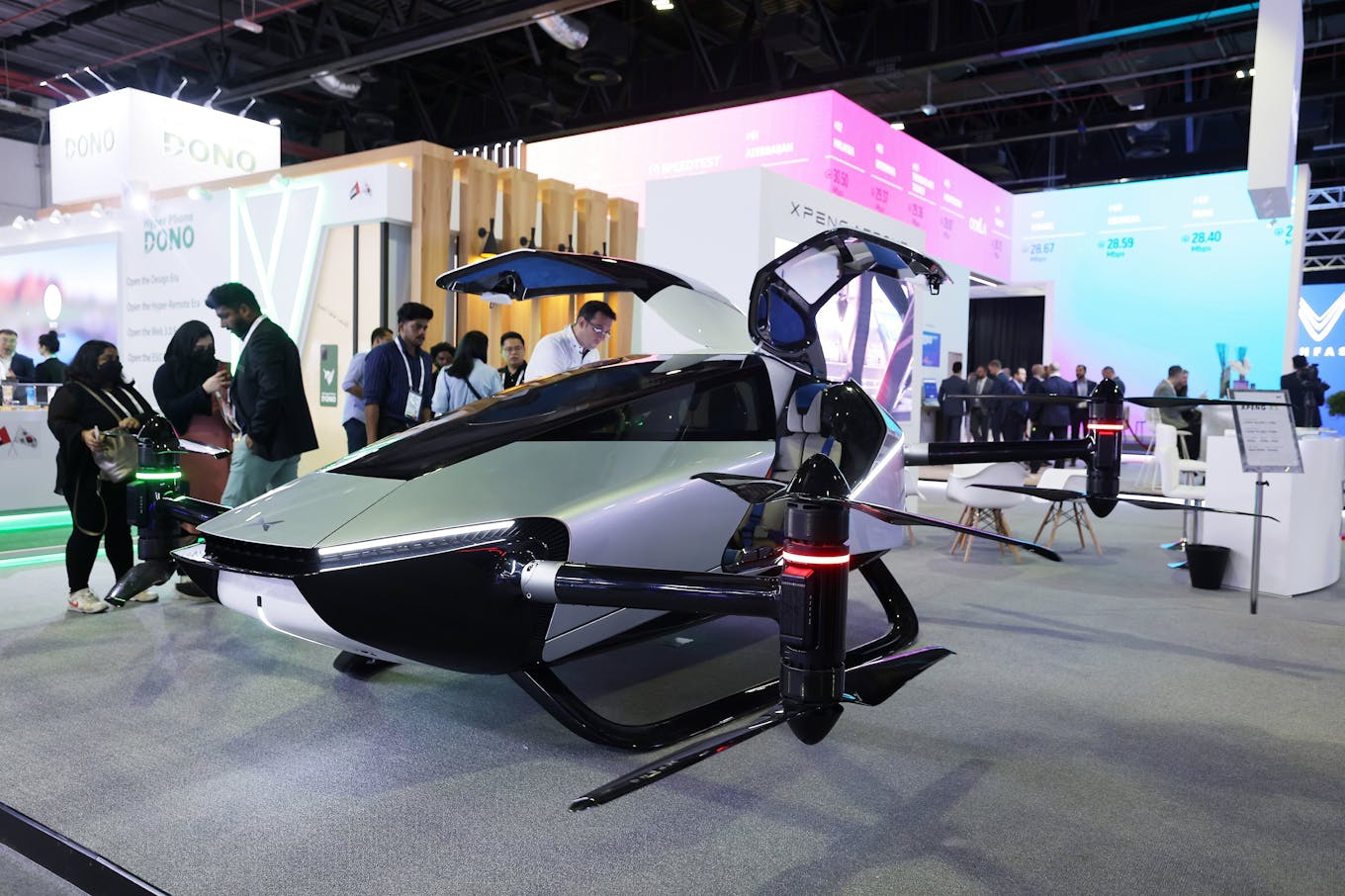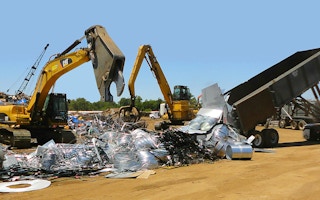For the first time in ten years, two Asia Pacific companies have emerged top in the scoring of the world’s 100 most sustainable firms.
To continue reading, subscribe to Eco‑Business.
There's something for everyone. We offer a range of subscription plans.
- Access our stories and receive our Insights Weekly newsletter with the free EB Member plan.
- Unlock unlimited access to our content and archive with EB Circle.
- Publish your content with EB Premium.
Australian metals recycler Sims Limited was ranked first in the latest Global 100 Index, a ranking exercise that Canada-based media and research firm Corporate Knights has run for 20 years. Brambles, a Sydney-headquartered logistics business which rents recycled shipping pallets and containers around the globe, came in second.
The last time a company from the region made it to the top of the list was in 2014, when Australia’s oldest bank Westpac was recognised for its sustainability efforts. The list is usually dominated by businesses from the United States and Europe.
Chinese electric vehicle companies XPeng Inc and Li Auto, along with train manufacturer Zhuzhou CRRC Times Electric Co Ltd, solar developer Risen Energy Co Ltd, and Bank of China featured in the list for the first time. Telecommunications firm SingTel also made its debut.
“The most notable trend in terms of geographic composition is the rise of China, which is increasingly home to the world’s dominant sustainability solution providers,” Toby Heaps, president of Corporate Knights, told Eco-Business. “Thirty-two new companies entered the ranking in 2024, helping to broaden the index’s geographic footprint, particularly in China.”

XPeng Motors displays its electric flying car in an expo in Dubai in 2022. The EV manufacturer joined this year’s Global 100 Index for the first time. Image: XPeng Inc
Green transport manufacturers in Asia also features prominently on this year’s ranking.
Corporate Knights’ report compared the corporations recognised on the index with the average large company on the MSCI ACWI, another global scoring that tracks about 3,000 stocks across developed and emerging economies, and highlighted how companies on the Global 100 Index had higher total returns. This is despite all of them having no exposure to weapons or traditional fossil fuel stocks, it said, adding that there are companies that have beat estimates on profitability after benefiting from sustained weapons and fossil fuels demand due to geopolitical instability over the past two years.
The latest index, released on the sidelines of the World Economic Forum in Davos, assessed 6,733 companies with more than US$1 billion in revenues against 25 performance indicators. These include carbon productivity, investment in environmentally and socially beneficial products, taxes paid, pay gap and board gender diversity.
Sims Limited, which climbed 14 spots from last year’s index, scored high for its investments in the recycling of outdated technological equipment and electronic waste. According to available data, last year it recycled almost 8 million tonnes of secondary metal and avoided 12.4 million tonnes of emissions in its value chain, equivalent to about half a million garbage trucks of waste recycled instead of landfilled.
The century-old firm also performed well in its carbon productivity ratio, where its revenue to its direct emissions is better than 90 per cent of its peers. However, it rated poorly for racial diversity, having no non-Australians among its senior executives.
Coming a close second in the top tier of the index is Brambles, which generated all of its revenue from solutions consistent with the Sustainable Development Goals (SDGs), as it acquires wood for its pallets from certified sources, said the report.
Instead of using single-use “white wood” to pile up and transport goods, it has sturdier reusable pallets that last up to 10 years that help curb deforestation and achieve zero waste on its sites.
Taiwan High Speed Rail Corp, which was the region’s most sustainable company last year at ninth spot, rose to the fourth spot. However, it continues to score poorly for gender and racial diversity.
Chinese companies which were featured for the first time in the index this year derived all their income from environmentally and socially beneficial sources. However, none of them offered paid sick leave to their employees.
Almost all did not have any women nor foreigners as senior executives. Only solar provider Risen Energy had one female and a few non-Chinese among its senior executives.
Li Auto Inc had a large pay gap between its top management and the average worker – the firm’s chief executive officer earned 95 times more than the regular employee.
This year, Singapore Telecommunications Ltd made its maiden foray into the ranking despite scoring poorly in deriving its earnings from sustainable solutions and with its revenue to its direct emissions only better than less than half of its peers.
The 145-year old company offered paid sick leave, fostered gender diversity among executives and had a pay gap ratio of 28 to 1.
Singaporean real estate company City Developments Limited climbed six places this year, while its main competitor CapitaLand has dropped out of the ranking.
Western firms remain the world’s most sustainable companies
The number of Asia Pacific companies that made it to the index increased from 19 to 24 this year. This is likely due to Asia’s rise as the world’s economic engine and how Asian companies have increasingly sought sustainability solutions, noted Heaps.
Europe and the US, as well as Canada continue to dominate the list. Almost half of the corporations (42) on the Global 100 Index are from Europe, and 17 are from US and Canada.
Vestas Wind Systems A/S, ranked the world’s most sustainable company in 2022 and in second spot last year, dropped to the third spot in the global index. The Danish renewable energy company is responsible for almost a fifth of the world’s installed wind power capacity.
It committed to reducing its Scope 3 emissions, or those beyond its direct energy use and operations, by 45 per cent by 2030. More than half the firm’s emissions in its supply chain come from its use of steel, principally for turbine towers. Steel is one of the most carbon-intensive materials to produce. The firm scored 100 per cent for its clean revenue and investments.
Radius Reycling, formerly Schnitzer Steel, is a US-based steel manufacturer and scrap metal recycling company that ranked top last year but fell 36 places down.








